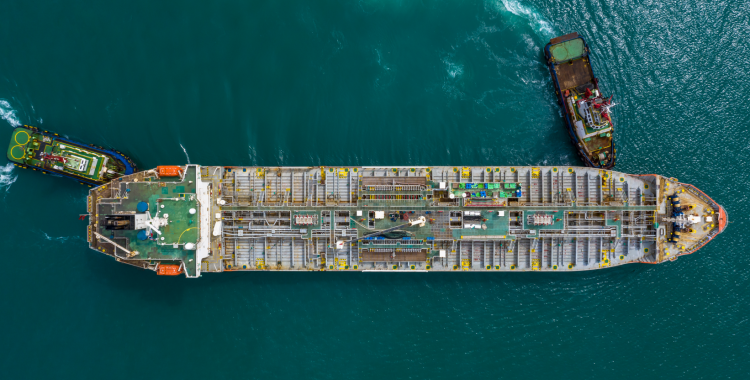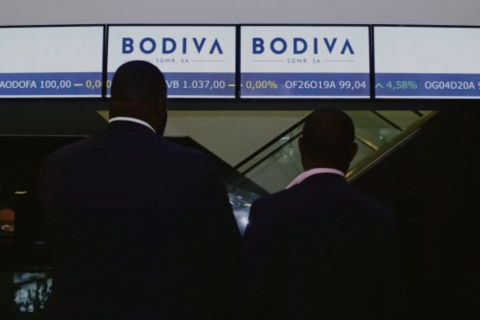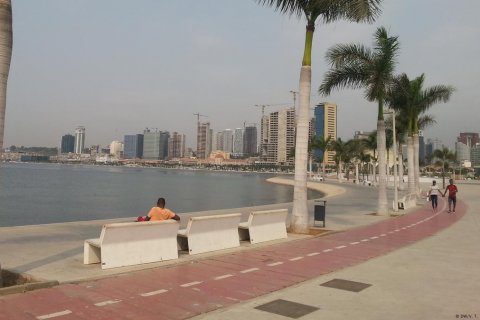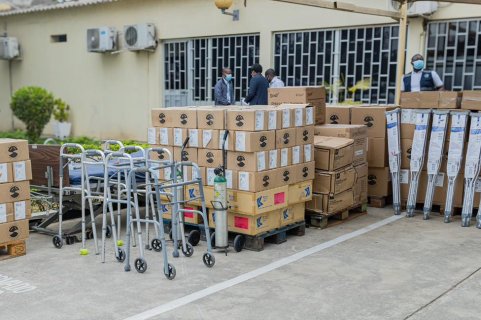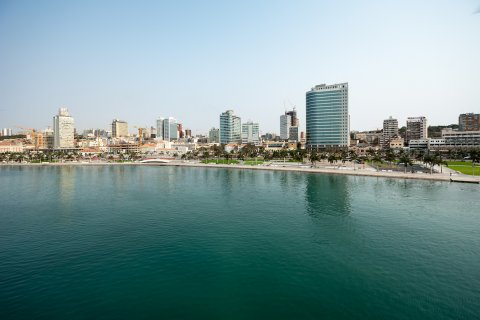"Implementing political actions to encourage economic diversification is imperative to achieve sustainable and inclusive growth in Angola", reads an analysis of the country, made as background information within the scope of the last review of the financial adjustment program that ended at the end of December, and which was posted this week on the Fund's website.
"Angola's economy is too dependent on the oil sector, leaving the economy vulnerable to fluctuations in global oil prices; this encompasses the symptoms of 'Dutch disease', which can erode competitiveness and delay the development of other sectors", reads the analysis.
Therefore, he adds, "the development of the non-oil sectors is even more critical to achieve sustainable growth, given the uncertainties regarding the long-term prospects for local oil production and the global trends towards neutrality of carbon emissions. carbon".
The analysis of the national economy was carried out a few days before the approval of the last tranche under the US$4.5 billion financing program, which ended at the end of December last year, and provides more theoretical background information for the technicians who evaluated the fulfillment of the program's quantitative and qualitative goals.
"The Angolan authorities are going in the right direction, although some efforts have to be intensified and accelerated", reads the note, which exemplifies with the privatization program to defend faster implementation of reforms.
"PRODESI is working in the right direction and tackling some of the constraints identified in this analysis, but implementation efforts should be strengthened, and the policy response should adopt a holistic approach to building conditions to improve access to credit provided by the private sector", says the IMF, referring to the difficulty of obtaining bank credit for small and medium-sized companies.
Despite the tone of praise for the government's efforts to fulfill the program and the reforms agreed under the agreement that allowed the disbursement of US$4.5 billion in the last three years, the IMF points out that there is still a lot of work ahead.
"The authorities continue to strengthen macroeconomic stability, by capitalizing on the objectives achieved under the funding programme, but more improvements are needed in productivity, in particular by improving Angola's infrastructure and human capital," the analysts say. giving specific examples of what authorities should do.
"Continuing to improve governance and the business environment, especially opening access to credit to small and medium-sized enterprises and individual entrepreneurs, reducing the administrative burden on investment, reducing price controls for goods and services, will be crucial to establish an environment in which innovation and entrepreneurship can help boost growth in other sectors", among which the IMF points to agriculture and telecommunications.
IMF: diversifying the economy is the highest priority for Angola
The International Monetary Fund (IMF) considers that the diversification of the country's economy, still very dependent on oil revenues, is the main priority and is crucial to ensure sustainable and inclusive economic growth.
